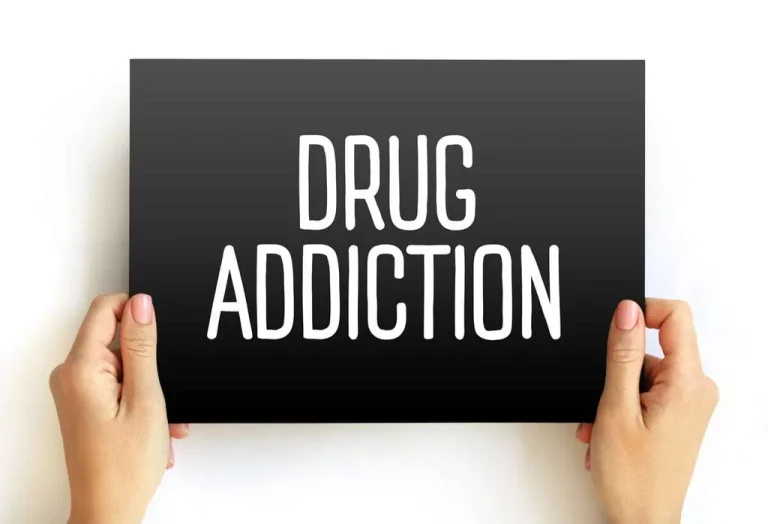
One study found that after being sober for one month, people experience decreases in blood pressure and a lower risk for alcohol-related conditions. Often, sober curious individuals think more consciously about the decision to drink alcohol. What makes sober curiosity so widespread, though, is its adaptable meaning.
Withdrawal Symptoms
It’s important to reiterate that being sober curious is different from sobriety. Some people do this for health or religious reasons, others due to personal or family experiences with addiction. On the other hand, being sober curious means reflecting on why, when and how you consume alcohol.
How Can Relapse be Prevented Once Sobriety Has been Achieved?
Some people expand the definition to include psychedelic drugs, such as psilocybin (aka “magic mushrooms”), LSD, and ayahuasca. For our purposes, we’ll be using the term to refer to cannabis, since psychedelic drugs https://ecosoberhouse.com/ are not yet legalized in the United States (save Oregon, which moved to make psilocybin legal in 2020). While these areas may take the greatest hit from regular drinking, they aren’t the only ones affected.
The sober curious movement

So some people who drink alcohol suffer really horrible after effects, like horrible hangovers, the physical side of those hangovers, or the emotional or mental side, like having heightened anxiety after drinking. Some of these alternatives people are choosing instead, because they might not have those same effects that alcohol specifically has on them. Giving up alcohol isn’t always easy, especially if you are regularly in social situations where you might feel pressured to drink by friends, family, or co-workers.
Understanding The ‘Sober Curious’ Movement
The differences are clear to those who have experienced both phases in their healing process from alcoholism. If you’re considering sobriety, even temporarily, know that you are making a health-minded choice by going alcohol-free. If you are interested in learning more about what it means to be sober curious, check out Ruby Warrington’s sober alcohol meaning book or her accompanying podcast. You can also look for events hosted by Club Söda if you want to learn more. It’s also a good idea to start pursuing hobbies and activities that don’t involve drinking. Ideas you might explore include local recreation centers or parks, art classes, reading, playing an instrument, or dancing.

Moderation Management vs. Abstinence

The distinction between sobriety and abstinence has practical implications for individuals in recovery, affecting treatment plans, coping strategies, and long-term outcomes. Understanding these nuances is crucial for anyone navigating the path of recovery. Factors such as treatment adherence, personal commitment, and support systems play a significant role in achieving and maintaining sobriety. These elements go beyond the scope of abstinence, which is primarily concerned with avoiding substance use. Maintaining sobriety can be challenging, and there’s no shame in having a harder time than you expected.

Mental Health- No More Thinking or Acting Crazy
- Maybe you discovered moderation wasn’t for you after flirting with the sober curious lifestyle.
- Addiction counselors can help a person let go of his substance use addiction with proper guidance.
- For many people with a substance use disorder, it’s simply a matter of never having learned the appropriate way to manage anger.
- Are you one of the many people who find themselves turning to alcohol to cope or just take the edge off?